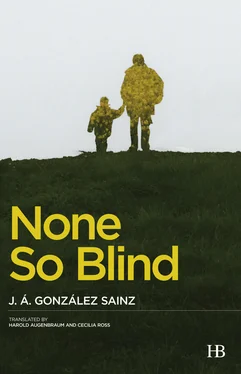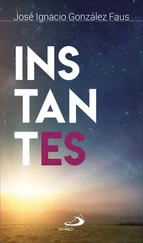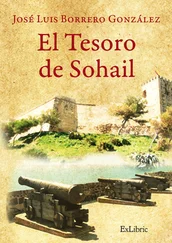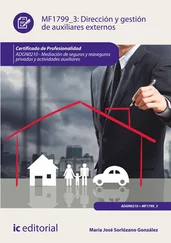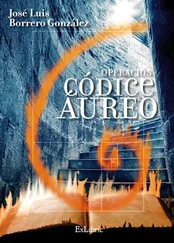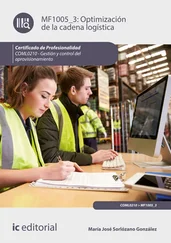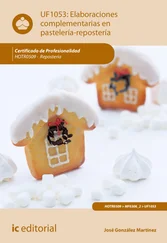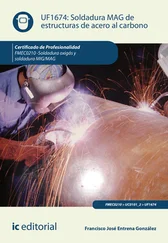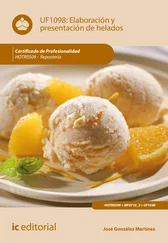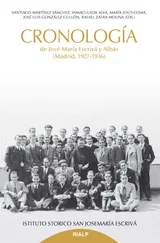He shuffled through them all, he looked at all of them, and afterward he slowly picked out all the ones with Juanjo in them, from the time he was born up until when he must have been about ten, when they emigrated to the north. He placed them all next to each other in a row on the table, and then he set about examining them one by one; he peered closely at them, he would pause at each one for the same not so much interminably as incomprehensibly long amount of time as he’d seen through the bar window that it took him to walk across the crosswalk, and then he would set them back down again in the exact same spot before picking up the one next to it and spending the same amount of time contemplating that one.
“You see?” he said to him after more than an hour of ignoring him completely. “You see how it’s not him? You see how he doesn’t have even close to the same look on his face?”
When he said that to him, he held one of the photographs in his hand as if brandishing it at him or offering it to him, and then he took it with him into his room.
The following morning, when he heard him get up to wash, during one of the few, brief moments he let it out of his sight, Felipe went into his room to look at it.
He didn’t recall ever having seen it before. It was a portrait of his father on the day of the village’s autumn feast day, according to the caption on the back, photographed from the waist up alongside his firstborn son. He was dressed very elegantly, with that look of health and robustness he’d had before he began to grow thin just a few years later, and both his hands were gripping the handlebars of a bicycle, while the young boy sat on the crossbar. Judging by his apparent age, eight or nine at the most, it must have been taken one of the years immediately preceding their departure from the village. Juanjo was wearing a little, peaked cap to protect him from the sun, and a wool sweater, and in his clasped hands he held a bunch of daisies that looked just picked. His expression — his little smile somewhere between shy and surprised at the photographer — was alert, pleasant, lively, and bright, and it poked out right at the top of the bouquet of flowers he held clasped in his hands at the very center of the handlebars.
His father’s wide, round face, with his abundant hair combed straight back and his full mustache and eyebrows — his few, lone hairs, as Asunción used to joke — had the same sure, melancholic expression he’d always seen on him.
“Those clasped little hands!” he said when he returned from the bathroom and caught him staring at the photograph. “Those clasped little hands, Felipe!”
The days went by one after another as they ate breakfast in silence and ate dinner in silence, as if, most of the time, words had flown off to some foreign land covered in the carcasses of signs and the cadavers of sentences, carrion even before it was dead, as they went out for walks in silence, with the exasperating slowness of someone suffering from a recent bout of rheumatism or else afflicted by an unexpected paralysis, until one night at the end of two weeks — he seemed to get on well enough now at the village club, listening to the news, which he still called the newscast, from a seat in the corner and watching several of his friends play cards — his son told him he had to go back to Madrid, that he couldn’t stay with him any longer.
“You’ve already been here too long, Felipe, my son. Go, go ahead, son.”
Every time he said anything to him those last several days, even something insignificant or some isolated detail, he would add that on like a grace note— son, my son . He’s holding on, he thought, he’s holding on to that tagline as if clutching at straws to find some way for the meaning of the words he’s saying to not slip away. Or maybe as if it were his final foothold, a lone toehold for him to cling to so as not to fall off the cliff.
He hadn’t wanted to return to the road that led to the field, and that seemed strange to him, though, on the other hand, he had watched him sitting calmly in front of the television down at the club and then linger a good while longer, standing there and eagerly following the card game in which his neighbor who brought him the honey always played. He’s getting on well enough, he thought. But one afternoon he realized that when he followed the games, more than paying attention to the players’ decisions, he was keeping track of the cards each of them received, to the tricks they had taken rather than what they did with them, and also that instead of watching whatever was being shown on the television, he seemed in fact to be seeing some sort of reflection on the screen, as if it were merely glass; he afterward thought, nevertheless, that time, in any case, would make time for itself, as it always does, and that everything would continue along its course, as it was meant to and as it usually did.
When the sun set the following day, a calm day in November, after they’d had dinner together, he finally said goodbye. The pomegranates behind the old mill must be ripe by now, he said to him as he took his leave, knowing how happy it always made him when that particular fruit ripened and cracked open; when I get back, and I’ll come back as soon as I can, we’ll go pick some.
But two days later, he woke up very early, having been unsettled by a strange dream. Several bales of hay were burning in the night, shooting up towering flames that seemed intent on burning everything; now they were licking the walls of the house he was in, and above him were the white silhouettes of birds he feared might swoop down on him at any moment. But that wasn’t the worst of it, the worst was instead a muffled, resounding sound, like someone shaking out a blanket, or a gigantic drop falling, like a dead weight, with a smothered sound onto a thick layer of dust laid down over months and months of drought. The crackling fire, rather than illuminating anything, impeded his view of what was happening beyond and, especially, his ability to hear anything or figure out what direction the sound was coming from, but he went on straining and straining to hear, until the fire ignited the poplars and the conflagration that then ensued finally overwhelmed him, preventing him from hearing the slightest sound other than the noise of everything being consumed.
As he took his first sip of the coffee he had just prepared, large and black, just like his father took it, he recalled again that over the course of the weeks he’d spent with him after their return from Madrid, he hadn’t ventured out to the field even once. So he tossed back his coffee — he saw his dream again — grabbed his jacket, and without even waiting for the elevator, he took off running down the stairs and didn’t stop until he reached the car.
When he arrived hours later and opened the great, old door with the bronze knocker, his father wasn’t there anymore. He hadn’t had breakfast, and his bed hadn’t been slept in; there was only a pencil and a completely blank sheet of paper — with a few dots grouped in the upper left — sitting on the clean kitchen table.
Without wasting a second, he took the car as far as he could, until he got to the exact place where the packed-earth road stopped being fit for anything other than a person on foot, where just past the spot where the pomegranate trees stuck out, a path descended down to where the henbane grew and another, almost directly across the road from it, gradually ascended, crossing gullies and thyme plants, to the top of Pedralén. An hour, he remembered his having told him, one hour, more or less, under normal conditions. He didn’t even shut the car door after pulling up to a sudden halt, he just stepped out into the giant dust cloud he’d kicked up and blasted off running, first along the road and then up the mountain, without losing a single instant.
Читать дальше
